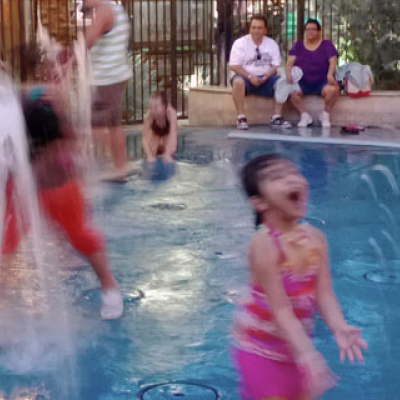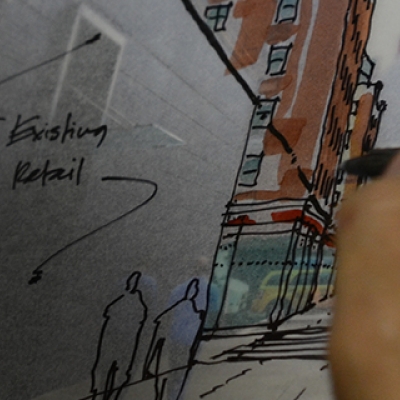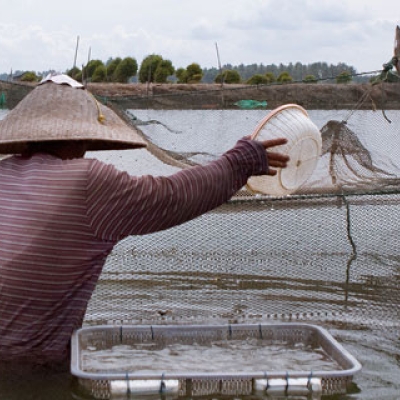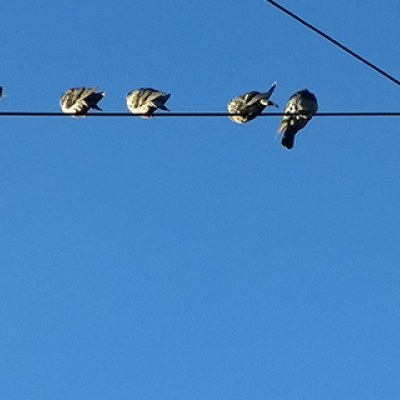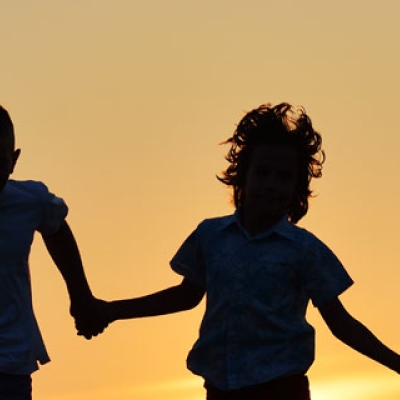
Saved by Soils?
By Emily Monosson / On September 3rd, 2015
This post originally appeared at Emily Monosson's blog: Evolution in a Toxic World
We live in an age of pesticide and antibiotic overuse. One outcome is resistance, increasing pesticide use and contamination and fears that we are entering the “post-antibiotic era”. We are addicted to all sorts of commercial chemicals.

